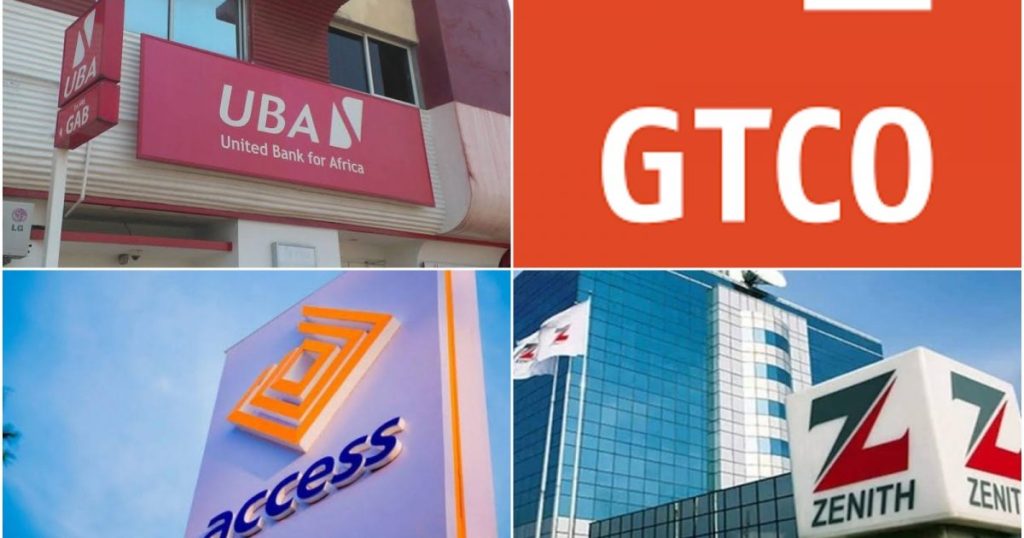The Central Bank of Nigeria (CBN) has witnessed a significant reduction in the unused social programme intervention funds across nine Deposit Money Banks (DMBs), dropping from N531.4 billion as of the end of December 2023 to N399.34 billion by mid-2024. This decline of N132.05 billion occurred despite the CBN’s discontinuation of the scheme a year prior. The absence of detailed explanations for these withdrawals raises concerns regarding the financial management of these funds and could lead to increased scrutiny from the public and regulatory bodies. As the financial statements from banks show no clear justification for the transactions, it highlights a pressing need for transparency in the handling of such significant financial resources.
In October 2023, following his appointment, CBN Governor Olayemi Cardoso announced a cessation of development finance interventions. He indicated that there was an urgent need to refocus the CBN on its core monetary policy duties, stating that previously, the lines separating monetary and fiscal interventions had become indistinct. Cardoso noted that Nigeria was grappling with the consequences of an excessive money supply, signified by overwhelming figures such as the N27 trillion Ways and Means loan and N10.5 trillion in interventions initiated by his predecessor, Godwin Emefiele. Under Emefiele, the CBN had engaged in multiple intervention programs, including those designed for agriculture, non-oil exports, and energy sectors, disbursing a staggering N9.71 trillion in development finance.
The current administration aims to limit the CBN’s involvement in direct development finance, transitioning toward advisory roles that promote economic growth while supporting the propagation of specialized institutions and financial products. The focus will be on facilitating regulatory frameworks, enhancing financial inclusion, and stimulating private sector investment. Moving forward, officials propose that these advisory functions will help catalyze investments into critical sectors such as healthcare, education, and agriculture, thereby fostering broader economic benefits for Nigerians. However, this change in strategy hasn’t immediately clarified the status and management of remaining funds with banks.
Despite the cessation of the scheme, analysis shows that several banks continue to hold significant amounts of intervention funds. Among these are Zenith Bank with N154.81 billion, Access Bank holding N152.99 billion, and Sterling Bank with N37.82 billion, indicating a mixed response among financial institutions to the new guidelines. These banks still retain various portions of the funds initially intended for beneficiaries, raising questions about whether there have been any new disbursements or allocations and how the banks plan to manage their existing funds under the changing directives from the CBN. The lack of movement in some cases might be attributed to initiated but incomplete transactions before the cessation of the scheme.
Industry experts have noted several explanations regarding the continued retention of these funds by DMBs. Dr. Muda Yusuf, CEO of the Centre for the Promotion of Private Enterprise, suggested that the funds might have been previously committed to borrowers before the implementation of new CBN policies and thus, ought to be disbursed as per earlier agreements. He hinted at potential partnerships between the banks and development banks such as the Bank of Industry in managing and disbursing these funds, shedding light on a possible collaborative framework. Furthermore, he emphasized the need for the CBN to clarify and provide transparency surrounding these financial operations to foster public confidence in the banking system.
Following similar sentiments, Akpan Ekpo, a professor of economics, underscored the importance of transparency from the apex bank regarding the status of these intervention funds. Echoing Yusuf, Ekpo raised concerns over possible existing commitments that could warrant the banks’ retention of the funds, but ultimately called for clear communication from the CBN to mitigate any potential distrust within the banking sector. As the directorate at the CBN confirmed that they would respond to media inquiries concerning these matters, observers remain vigilant for a comprehensive official statement that would elucidate the current state of these intervention funds and the rationale behind the recent financial maneuvers within the banks.
In conclusion, the depletion of the CBN’s intervention funds and the lack of clarity around their continued presence within the DMBs has opened an essential dialogue about financial transparency and accountability in Nigeria’s banking sector. As stakeholders and members of the public await further clarification from the CBN, it is crucial that the apex bank acts swiftly to ensure that these financial resources are not only managed effectively but are also utilized transparently for economic growth. The ongoing developments point to a critical juncture in Nigeria’s economic landscape where responsible governance and strategic financial partnerships may play a key role in revitalizing the nation’s financial ecosystem.


